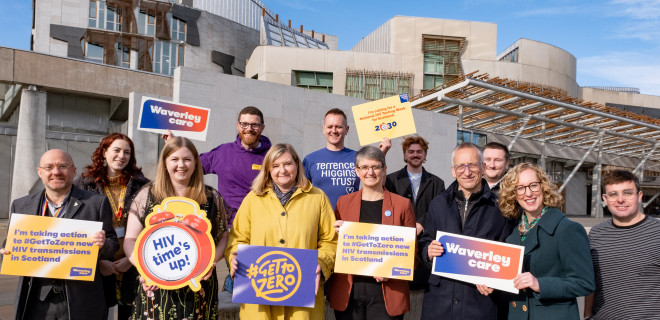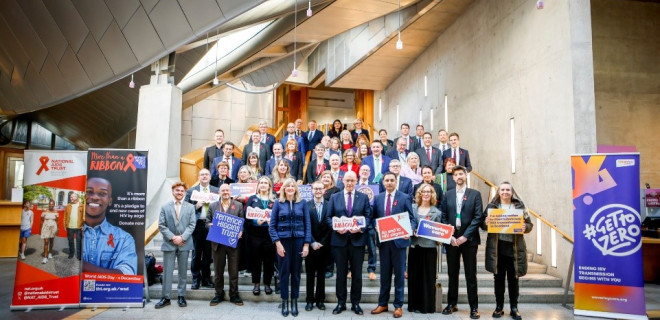
New figures published by the UK Health Security Agency today (3 June 2025) show that there was an 8.8% decline in new STI diagnoses in England last year.
The data reveals that in 2024 there was a decline in the number of cases of chlamydia and gonorrhoea diagnosed, while syphilis cases continued to rise.
However, there was also a small overall drop in the number of sexual health screens taking place (2,380,498 in 2023 compared to 2,367,853 in 2024). The number of chlamydia tests carried out in young women fell by 10.7%.
Amidst this, inequalities in who is most affected by STIs have persisted, with young people, gay and bisexual men and people of Black Caribbean ethnicity disproportionately affected.
The data also reveals that there was an increase in recorded cases of anti-biotic resistant gonorrhoea. The government recently announced that from September, the gonorrhoea vaccine will be available for those most at risk.
Richard Angell OBE, Chief Executive of Terrence Higgins Trust said:
“We can be cautiously optimistic about this small decline in new STI diagnoses. After years of cases soaring, an overall 8.8% decline over last year is encouraging but it is as much by luck as it is design.
“We have also seen a concerning jump in antibiotic resistant gonorrhoea, rise in syphilis and persistent inequalities in who gets an STI. Where we should be driving up testing, there has instead been a small fall in the number of STI tests, and a marked drop in the number of young women tested for chlamydia. Making every contact count means that no one should be leaving a sexual health clinic, reproductive health service or a termination of pregnancy without a full HIV and STI screen.
"Sexual health services in England remain under intense pressure, having been at the sharpest end of cuts to the public health grant. They must be prioritised in spending of the first above inflation uplift to the public health grant testing that the government recently announced.
“Today’s data suggests that with action now, we could finally turn the corner on a decade of rising STIs. The government must seize this opportunity.”



